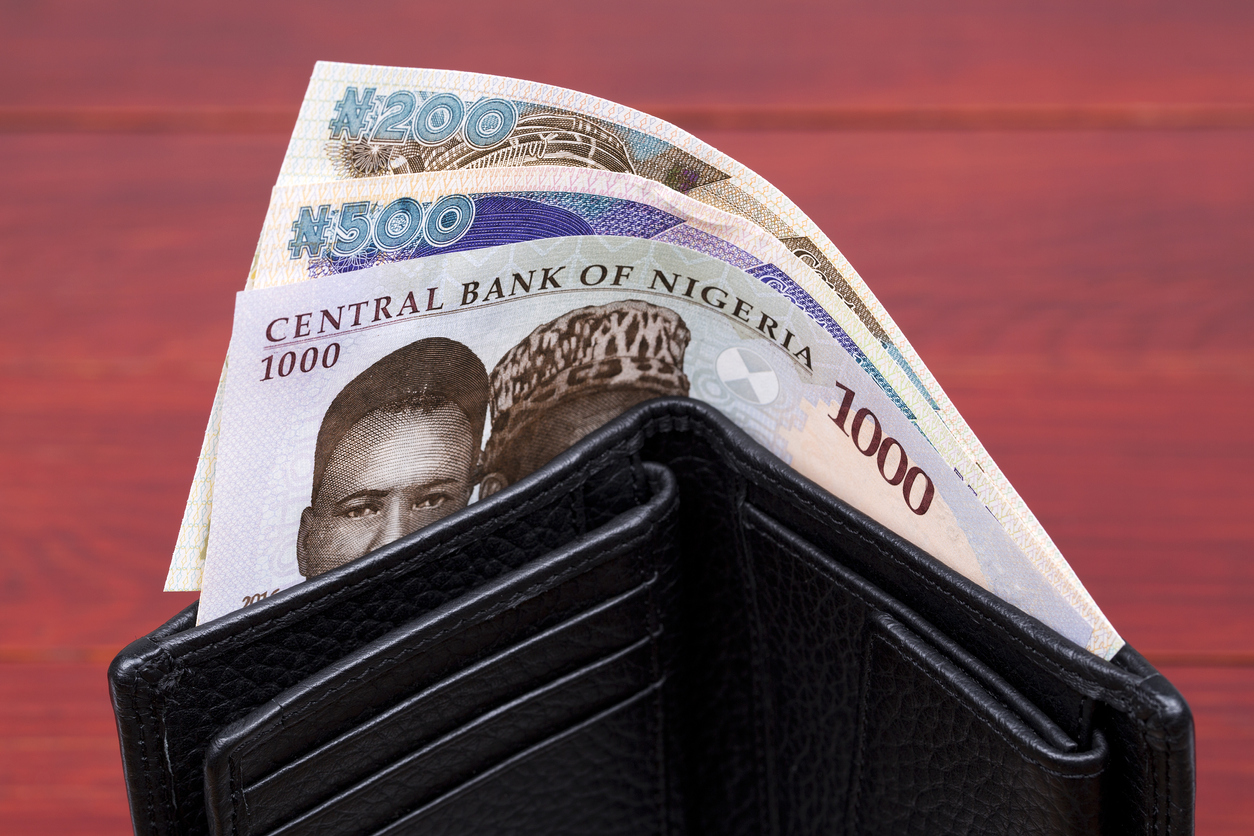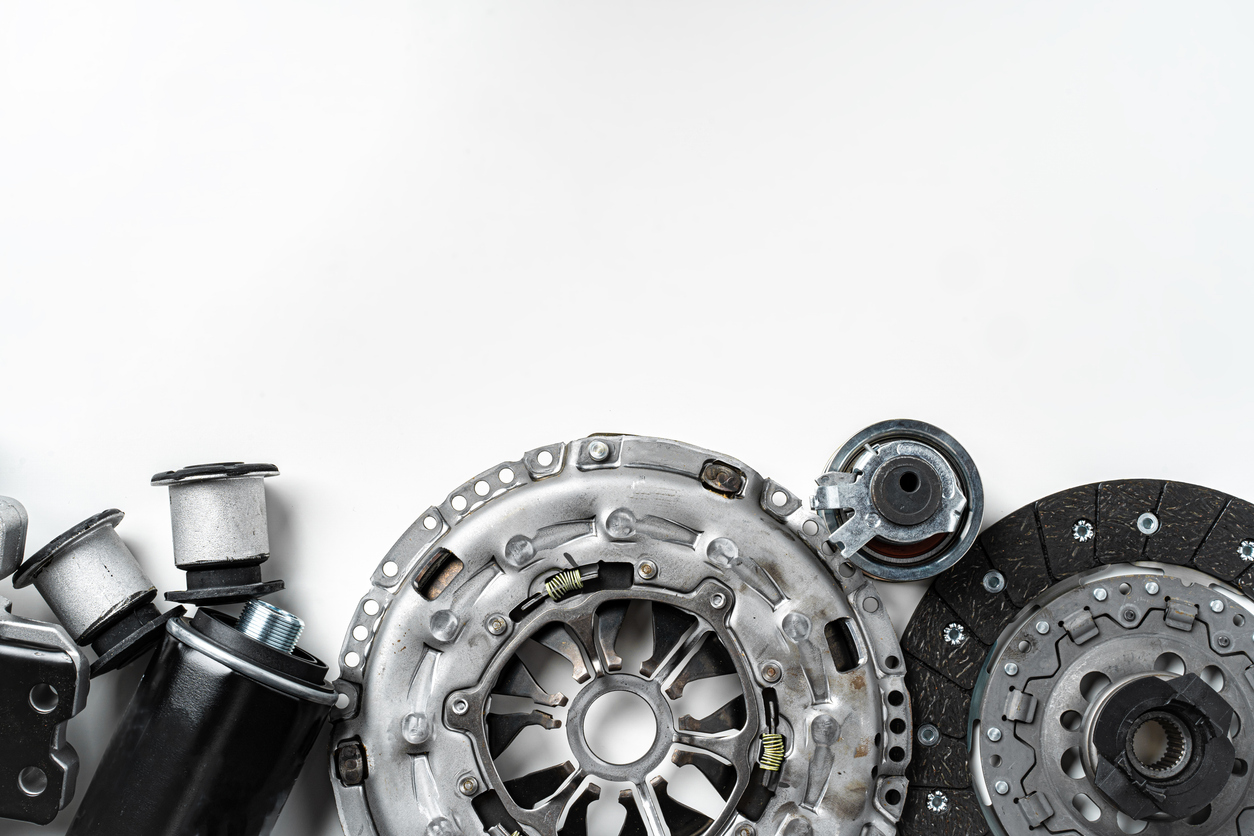The Exchange Rate: How Much is 10 Dollars in Naira?
The Exchange Rate: How Much is 10 Dollars in Naira?
Understanding exchange rates can be a daunting task. Knowing the current exchange rate between two countries is essential for anyone dealing with foreign currencies. For example, if you are in the United States and want to send money to a friend in Nigeria, you will need to know the current exchange rate between the US dollar (USD) and the Nigerian naira (NGN). So, how much is 10 dollars in naira? To answer this question, we need to look into the current exchange rate and its history.
What is an exchange rate?
An exchange rate or foreign exchange rate (forex rate) is the rate at which one country’s currency can be exchanged for another country’s currency. In other words, it is the amount of one currency (in this case, either the US dollar or the Nigerian naira) that you would need to pay to get one unit of another currency (again, either the US dollar or the Nigerian naira). Exchange rates are determined by supply and demand. However, unlike what happens in a free and open market, the rates at which currencies can be exchanged in the forex market are controlled by central banks. For example, the Central Bank of Nigeria (CBN) sets and controls the rate at which the naira can be exchanged for other currencies, such as the US dollar.
History of the exchange rate between the US dollar and the Nigerian naira
The US Dollar and the Nigerian Naira have been linked since 1971, when the US Dollar became legal tender in Nigeria. The exchange rate at which the two currencies were linked was 0.0526, which meant that one US Dollar could be exchanged for 500 naira. Since then, the exchange rate has fluctuated a lot, going from 0.0526 to 0.0024 in the 1990s and then back up again. Since 2007, the exchange rate has been 0.005, which is what it is today.
Factors that affect the exchange rate
The exchange rate between the US dollar and the Nigerian naira is affected by a number of factors. These include – Interest rates in the two countries – When interest rates are high, the value of a currency drops because less people want to hold that currency to earn interest, which is why the US dollar has a lower exchange rate when interest rates are high than when they are low. When interest rates are low, the value of the US dollar increases so that people who want to hold US dollars for a short time can get a high interest rate. – Inflation – When inflation is high in one country, the value of its currency goes down because people will not want to hold a currency that is losing value. For example, when inflation is high in a country, people will not want to hold the country’s currency because it will be losing value quickly. Instead, they will want to hold the currency of another country that is not losing value as quickly. – Economic growth – When a country’s economy is growing, people will want to hold its currency because they know that the value of that currency will increase in the future. As a result, the country’s currency will become more valuable. On the other hand, when a country’s economy is not growing, its currency will become less valuable. – Trade balance – When a country imports more goods than it exports, it has a trade deficit. This means that the country has to give its currency away to foreign countries in order to pay for those imports. As a result, the value of its currency will go down. On the other hand, when a country exports more than it imports, it has a trade surplus. This means that people will have to pay the country in order to receive the exported goods. As a result, the value of the country’s currency will go up. – Government debt – When a government’s debt is high, investors will not want to hold that government’s currency because they know that the government will have to pay that debt back and they do not want to lose their money. However, when a government’s debt is low, investors will want to hold that government’s currency because they know that it will be safe and they will get a high return on their money. – Capital controls – When a country has capital controls, it limits the amount of money that people can take out of the country. This is often done because the country’s government may be worried that people will take too much money out of the country and it will not be able to pay back its debt. As a result, the exchange rate between that country’s currency and other currencies will go up. – Government policies – When a government sets up a trade barrier, for example, this will make it harder for its country to export goods to other countries. As a result, the country’s exports will go down and its imports will go up. This will lead to a trade deficit and the country’s currency will become less valuable.
The current exchange rate between the US dollar and the Nigerian naira
The current exchange rate between the US dollar and the Nigerian naira is 0.005. This means that one US dollar can be exchanged for 5 naira. The effect of the 2019 elections on the exchange rate is yet to be seen. As this article is written, there is a political uncertainty that may affect the exchange rate. Political uncertainty is the number one cause of devaluation in Nigeria. When there is an election, there are high expectations and promises that lead to a high debt. However, when the newly-elected government takes over, they have to meet the high expectations and this can be expensive.
How to calculate the exchange rate
Calculating the exchange rate between the US dollar and the Nigerian naira is a simple task. The formula is – Exchange rate between the US dollar and the Nigerian naira = US Dollar/Nigerian Naira. For example, if you want to know the exchange rate between the US dollar and the Nigerian naira, you can use the formula above. Then, insert 0.05 for the US Dollar and 0.005 for the Nigerian Naira. Finally, solve the formula to get the exchange rate 0.05.
What is the exchange rate for 10 US dollars to Nigerian naira?
If you want to know how many naira 10 US dollars can buy in the Nigerian exchange rate, use the formula above. Then, insert 10 for the US Dollars and 0.005 for the Nigerian Naira. Finally, solve the formula to get the exchange rate 0.05. The exchange rate for 10 US dollars to Nigerian naira is 5 naira. This means that 10 US dollars can be exchanged for 5 naira.
What is the best way to transfer money between US dollars and Nigerian naira?
The best way to transfer money between US dollars and Nigerian naira depends on your situation. If you have a lot of money that you want to transfer and you want to send it immediately, you will probably want to use a bank transfer. This takes a few days to complete and you can send money between the US dollar and Nigerian naira with a bank transfer. If you want to send small amounts of money, you may want to use a money transfer company like Western Union or MoneyGram. With these types of transfer services, you can send money between the US dollar and Nigerian naira instantly. However, these services charge higher fees than bank transfers and they are not the best choice for large sums of money.
Conclusion
The Exchange Rate is the rate at which one country’s currency can be exchanged for another country’s currency. An Exchange Rate is determined by supply and demand. The Exchange Rate between the US dollar and the Nigerian naira is 0.05. This means that one US dollar can be exchanged for 5 naira. The best way to transfer money between US dollars and Nigerian naira is to use a bank transfer. Exchange rates are often used in the business world, where companies that operate in more than one country need to know how much their goods and services cost in each country. Knowing the exchange rate between two countries is essential for anyone dealing with foreign currencies.








LEAVE A COMMENT
You must be logged in to post a comment.